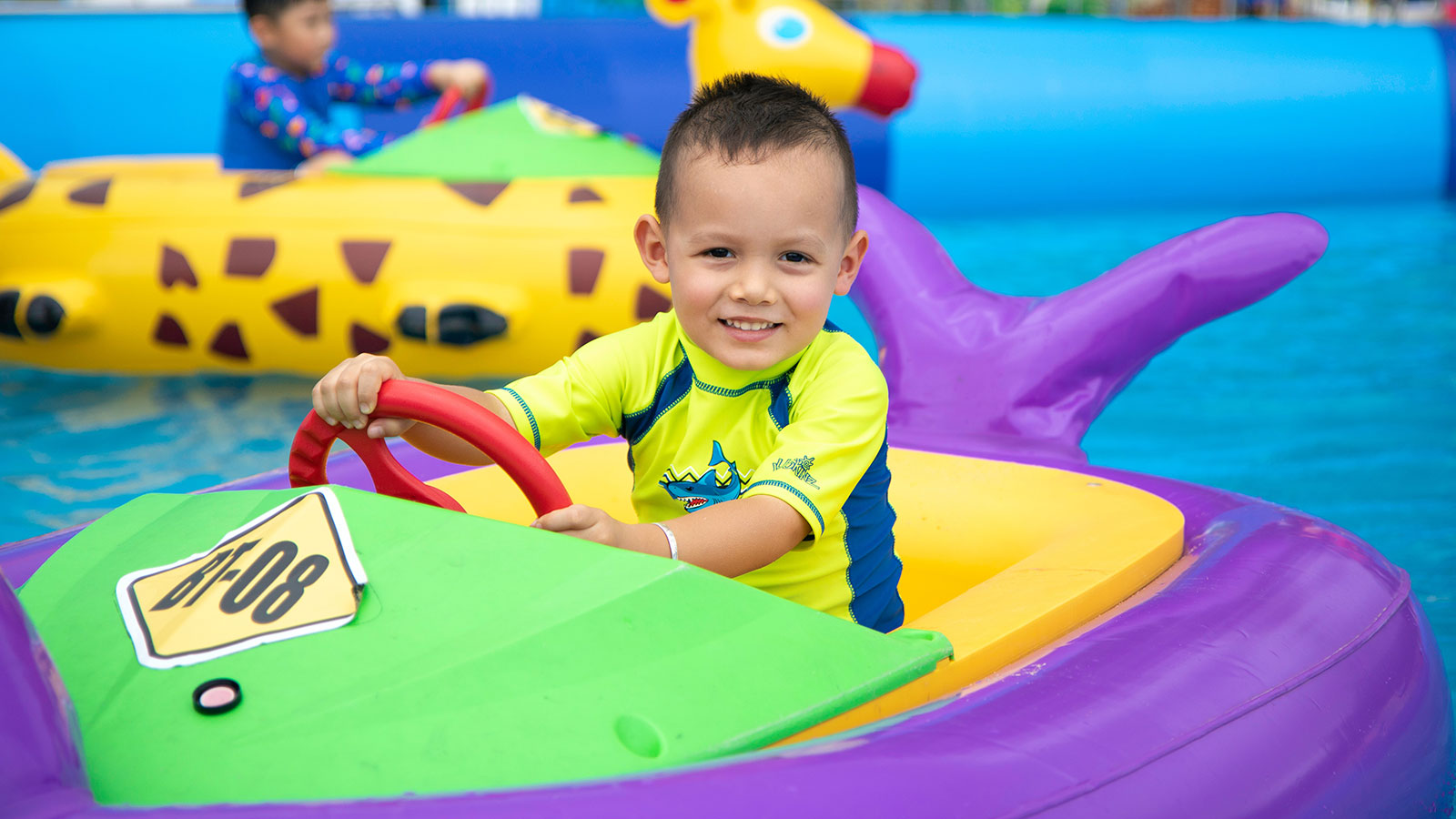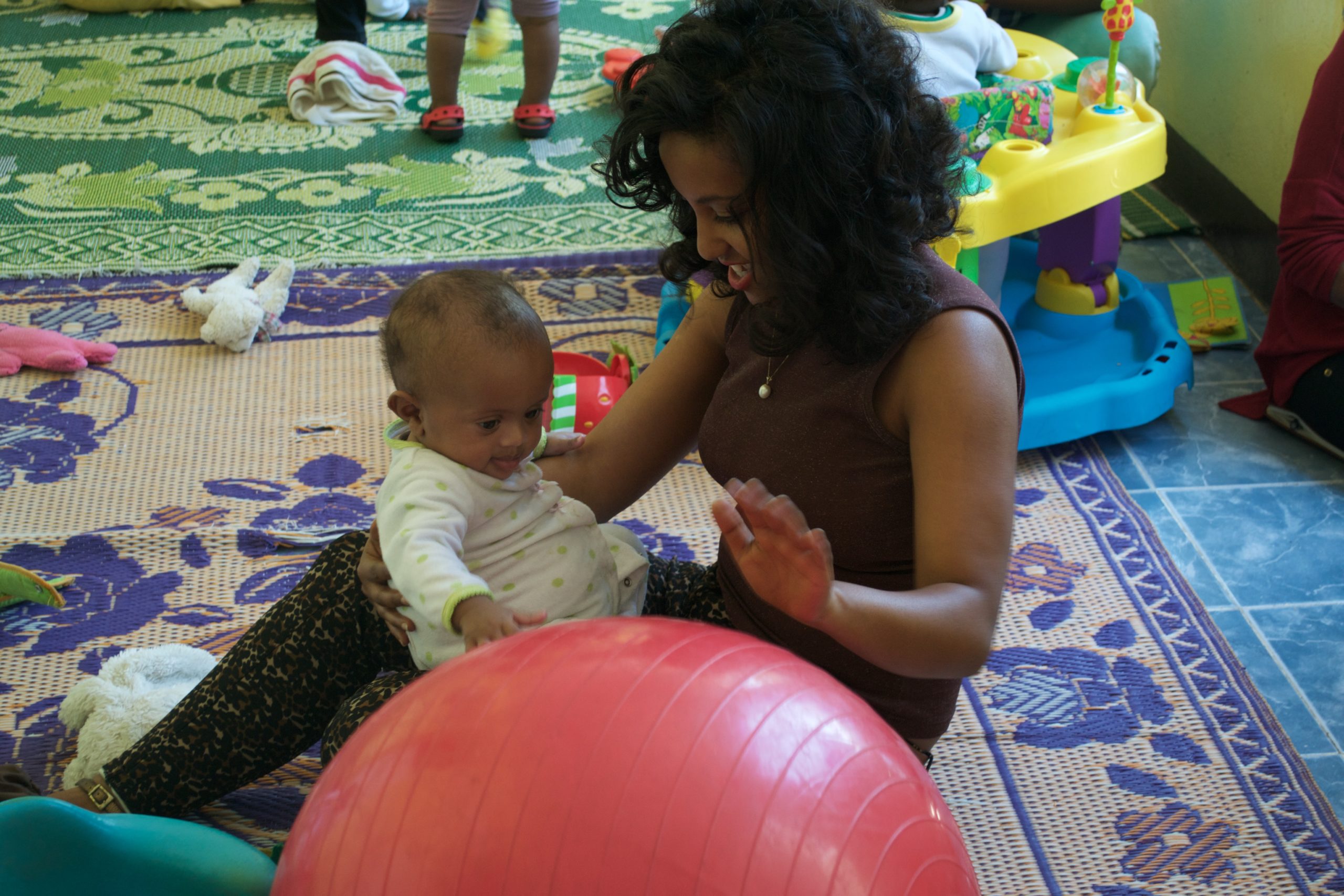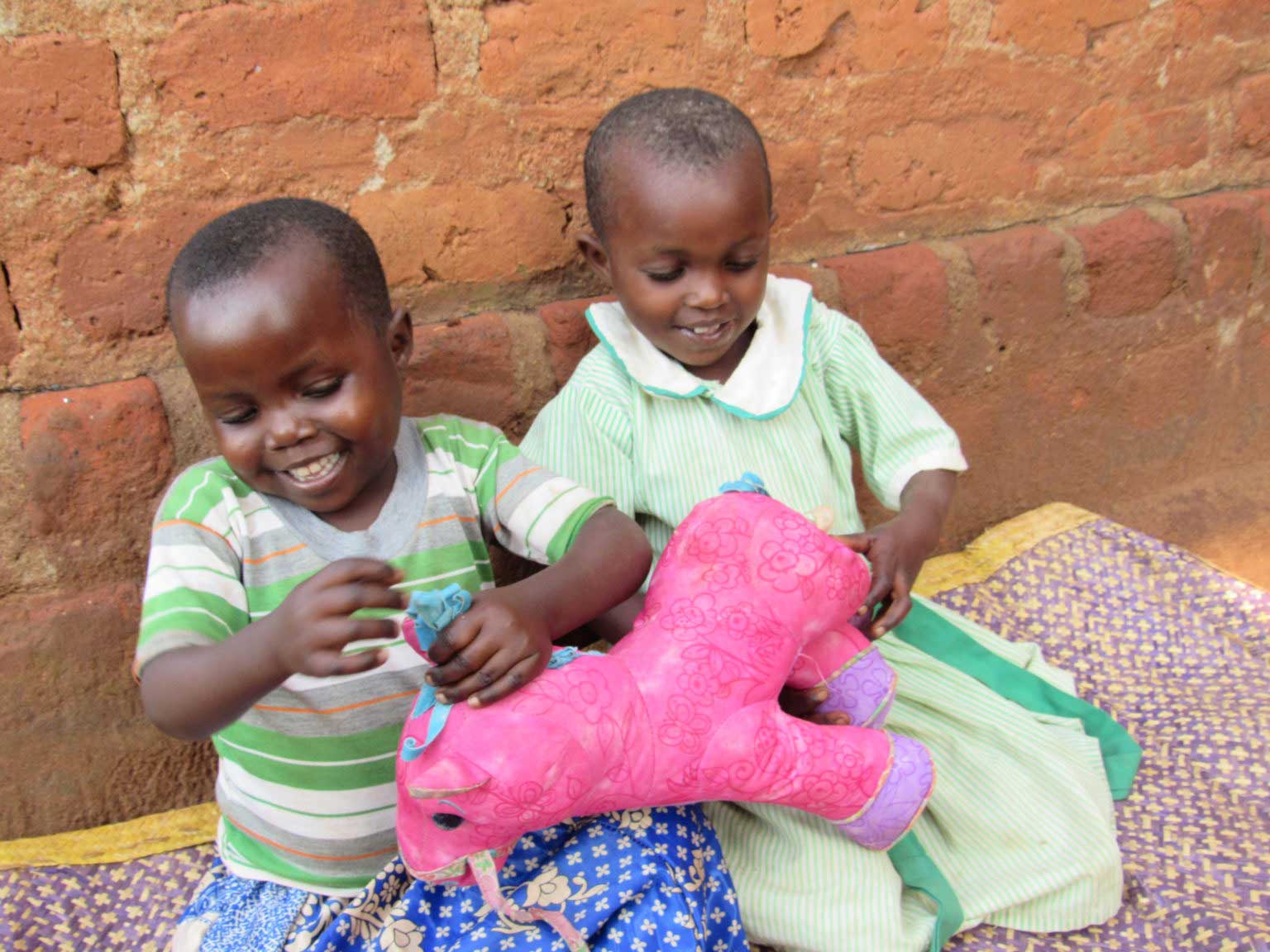Parents know that going to events and outings such as fairs, festivals, large family gatherings and community social events can provide children with rich, new experiences and great family memories.
But these same events can be challenging for kids who are sensitive to novel experiences, are impulsive or become overstimulated quickly. For children with developmental concerns such as anxiety, autism and ADHD, social events are also important for growth but require additional planning to make sure the outing is successful for both children and parents.
Here are 6 tips for planning recreational events with sensitive kids:
1. Help your children know what to expect. Prepare your child for what will happen and how long things might take. Talk your child through the day’s expected plan and include visuals such as brochures, maps and a schedule. As you share this plan, listen for what your child is anxious about and address those concerns in advance. This kind of pre-planning with your sensitive child makes it more likely that all of you will have a great day.
2. Gather your outing toolkit, by packing the “tools” that will help your child be successful. You can include your child in gathering the essentials, including favorite toys, a change of clothes, special foods and things that will distract or calm them if they get upset. Again, observe your child’s comments as you gather these items because they will give you clues to their anxious feelings or uncertainties about the event.
Family outings: At the end of the day your feet should be dirty, your hair messy and your eyes sparkling!
Unknown
3. During the outing, try to alternate between active and passive activities. After a high level of physical activity, provide a rest break for nutrition and hydration. Some children may complain about taking a break, but remember, as an adult, your job is to take charge of the day and keep everyone rested, nourished and hydrated.
4. Know when your child has had enough. As recreational activities unfold, adults can see when sensitive kids have had enough, are overwhelmed or that even the best-laid plans don’t always work out. Be prepared to leave early if necessary. Let children know before the activity starts that if things are not working out as planned, you may decide to leave early. Accept that children may be disappointed. When appropriate, try to refocus the discussion on things that went well.
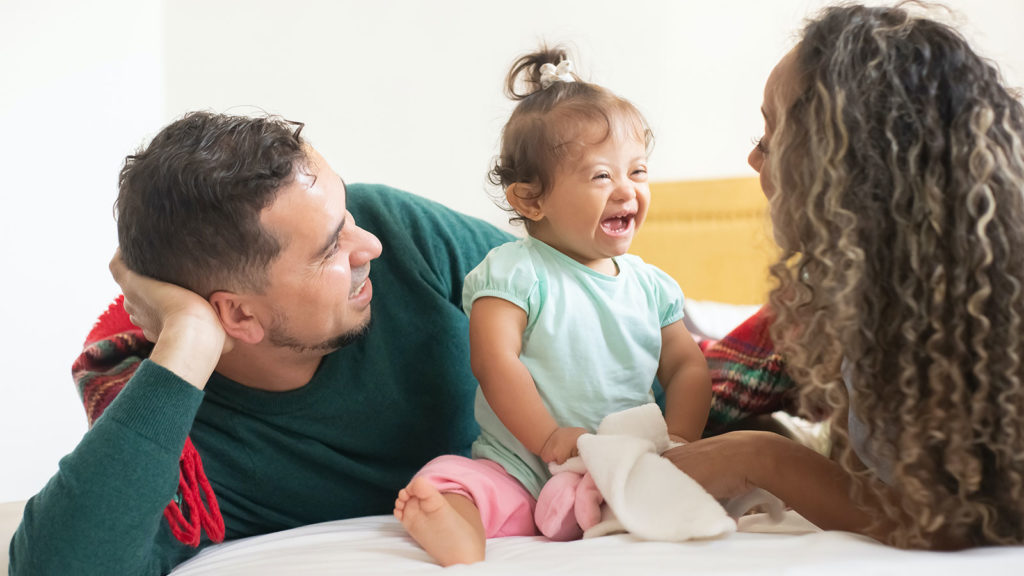
Check out additional parenting resources!
View our expanded list of recommended parenting websites, books and other resources organized by topic.
5. Be safe. New settings with lots of people and activities can have safety hazards for children. If your child tends to wander, provide them with a name tag or wrist ID band. With larger groups, assign each adult a certain number of kids to closely monitor. Talk with your child about what to do if they get lost or separated. Practice the skills they need to ask for help from trusted adults or staff at the event.
6. Focus on the small moments. Help your child appreciate the small moments that happen during a big outing: a kind gesture from another child or adult you meet at the event, trying out a new activity for the first time, making family decisions together about what to do next, or laughing about someone’s small “blooper” or blunder. These small moments can make lasting, positive memories.
After you all arrive home, with everyone’s “dirty feet” and “messy hair,” take time to debrief with your family about what went right, what you could do differently next time and what things left your children with “sparkling eyes.”
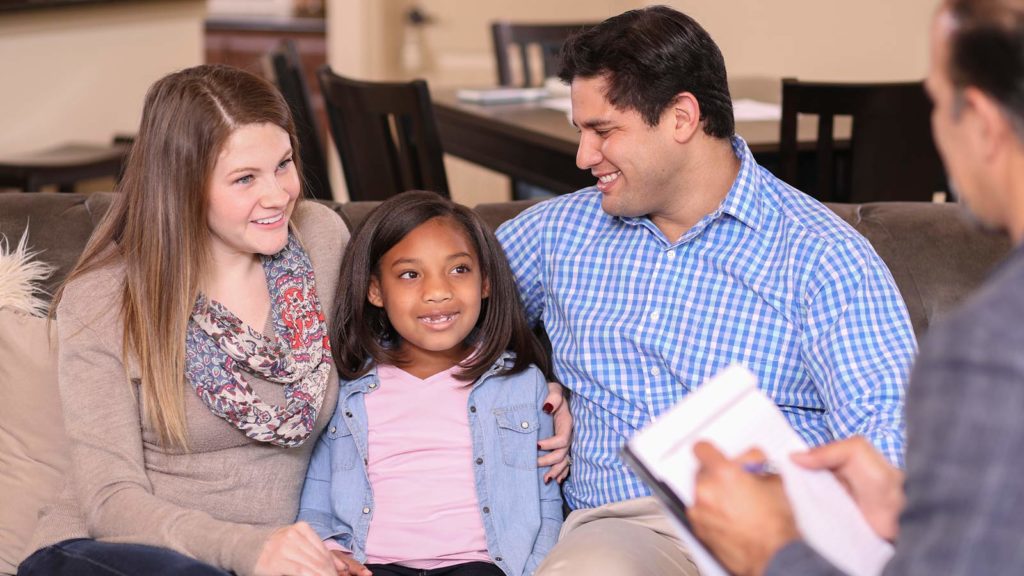
Receive Post Adoption Coaching & Education
All parents encounter challenges as their children grow up. And sometimes, issues may arise that leave you uncertain as to how best to respond. But not every issue requires therapy or counseling. The PACE program is here to help during those times.
